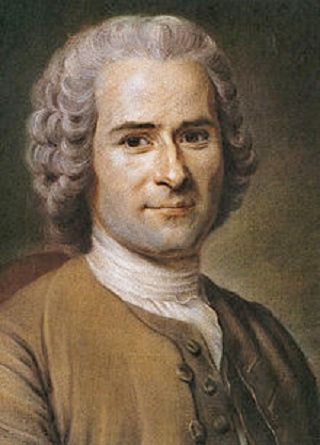Jean-Jacques Rousseau and Corruption in Government

Remarkably, this is what (Harvard Law School professor) Lawrence Lessig said in the podcast I cited earlier in the week on campaign finance reform, i.e., people enter politics because they want to do good, but when they arrive in Washington, they suddenly realize that it’s impossible to make change without participating in a monstrously corrupt system of government.
I think the world of Lessig, but frankly, I believe that he’s presented here an extremely charitable interpretation of government in 2014. If you wanted to try to convince me of that 75 years ago (ca. “Mr. Smith Goes to Washington”), I might have believed you. But now? Are there really people who don’t know that a few enormous special interests control the entirety of the process? Is anyone sufficiently naïve as to think that our law-making system isn’t rotten to the very core?
Thus the imperative for a grass-roots effort to force a change in the legal system that will restore the voice of We The People. That’s why I sometimes digress from writing about clean energy on occasions like Rousseau’s birthday and remind readers how important it is that we support organizations like MoveToAmend—groups that, if successful, will do things like overturning the infamous U.S. Supreme Court decision “Citizens United” (2010), which essentially nullified any true, functioning democracy in the United States.
Change like this actually can happen, but not without a fight.
